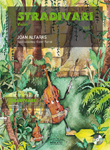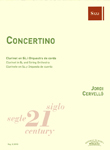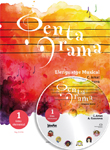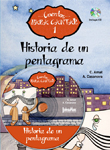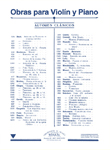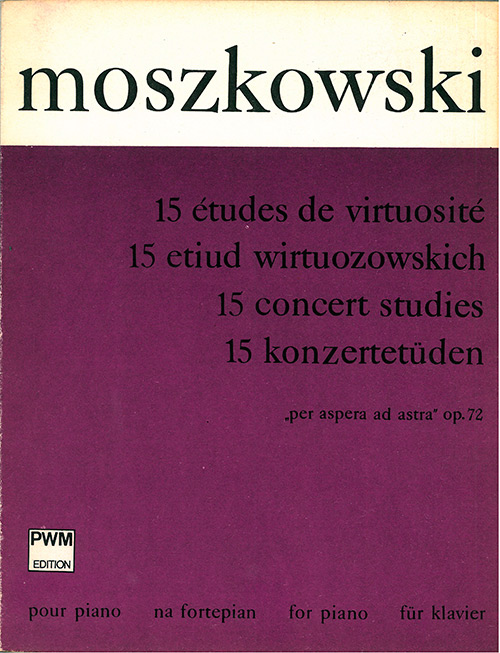WORKS
- Genre
-
Musical education
- Choir
- Counterpoint
- Dictation
- Direction
- Exam study manuals
- General music pedagogy
- Harmony
- Hearing
- Illustrations / Posters
- Improvisation / Sight reading
- Instrument methods
- Instrument pedagogy
- Instrumental study repertoire
- Instrumentation and orquestration
- Musical language
- Solfège
- Templates
- Theory and analysis
-
Incidental music
-
Lined paper
-
Flamenco
-
Religious music
-
Classical / contemporary
-
Modern music
-
Folk music / traditional
-
Musicology
-
Divulgation
-
Games and hobbies
-
Music therapy
-
Children / Youth
-
- Instruments
- Ensemble
- Difficulty level
- Period
- Genre
SOPORTE
Search
Find here: books, scores, composers, digital pieces, cd's
Best-selling works
Our classics

Newsletter
I wish to be informed of the news about your music
We have received your e-mail correctly
Multimedia
15 Concert Studies
per aspera ad astra op. 72
Piano
MOSZKOWSKI, MoritzMOSZKOWSKI, MoritzMOSZKOWSKI, MoritzReg.: PWM6356
15,00 €
P.V.P. (VAT included 4%)
Add to cart
- Ensemble: Solo.
- Genres: Classical / contemporary: Solos.
Musical education: Instrumental study repertoire.
- Language of the comment: Polish
- Product format: Partitura
- Difficulty level: Advanced-superior
- Period: 1st half S. XX
- Publishing house: PWN Edition
- No. of pages: 74
- Measure: 30,00 x 23,00 cm
- ISMN: M-2740-0095-0
- Available in digital: No
- Available for rent: No
Moritz Moszkowski's piano études are renowned for their technical brilliance and musicality, designed to enhance the pianist's skill and dexterity. These études cover a wide range of technical difficulties, including rapid passages, octaves, complex chords, and arpeggios, making them an essential tool in advanced piano training. Moszkowski, being a virtuoso pianist himself, knew how to combine technical demands with attractive musicality, ensuring that his études are not only useful for technical development but also enjoyable to play. Among his best-known works are the "Études de Virtuosité, Op. 72," which are particularly appreciated by both students and performers due to their balance of technical challenge and sonic beauty.
- Vivace (E minor)
- Allegro brillante (G minor)
- Vivo e con fuoco (G major)
- Allegro moderato (C major)
- Veloce e leggiero (C major)
- Presto (F major)
- Allegro energico (E♭ major)
- Allegro energico (C major)
- Allegro (D minor)
- Allegro (C major)
- Presto e con leggierezza (A♭ major)
- Presto (D♭ major)
- Molto animato (A♭ minor)
- Moderato (C minor)
- Allegro (B major)

